Over 100 keen dairy industry observers, chief executives, and senior managers gathered in London for the annual Dairy Industry Newsletter conference.
The following 10 quotes give a snapshot of some of the opinions, messages, challenges and opportunities.
"The most recent outlook we foresee for 2017 is that milk production in 2017 for the EU looks like it will be similar in growth plus 0.7% to 0.8% on last year, as EU dairy farms grow post milk quota removal and production signals are positive.”
– Lukasz Wyrzykowski, IFCN
(The IFCN – International Farm Comparison Network – gathers information from over 90 countries. If the EU increases production and New Zealand has a favourable milk production season (starting July/Aug) with good milk prices, this will drive higher global production and start the supply push that keeps a lid on milk prices globally.)
"What has been the market reaction to President Trump’s messages on dairy, exports, etc to date? Long-term not good if things are implemented, but if it’s only political rhetoric then it’s OK. The key question is what are Mexico/Canada doing in response. At the moment, all exports from the US to Mexico are very strong. US milk production volumes are still up, and the prediction is plus 2% on volumes for 2017.”
– Eric Meyer, HighGround US
"Demand for dairy products in China will continue to grow but at a slower pace. Infant formula in China is the product of choice and some analysts thought when the one-child policy disappeared infant formula demand would grow but, as a nation, fertility is poor and the population is aging so there is not a lot of appetite for more kids, as the labour force gets older and smaller. The Chinese are, however, moving into luxury dairy products as the rapid move to online purchasing continues.”
– Kevin Bellamy, Rabobank
"We are seeing good demand into China. Fonterra is selling much more fresh dairy into China, more yoghurts and cheeses, fewer milky watery drinks and more ice creams, as the Chinese prepare for summer.”
– Bruce Turner, Fonterra
(As the trading relationship between New Zealand and China grows, the basket of goods is also evolving and, while whole milk powder is still the mainstay, the comments from Bruce show that Fonterra is diversifying its basket into China.)
(HighGround US are market analysts, and Eric suggests the US is continuing to drive milk production on the back of good milk prices and the ratio of milk price to feed cost. He sees no change in this, suggesting the US will continue to play a growing part on dairy export markets.)
Over 26% of Ornua sales take place in the UK and about 60% of our cheddar cheese. That’s 60 to 70 containers per week from Ireland to the UK. However, we are also the largest buyer of British cheese in the world. Our recent acquisition in Cheshire underlies our commitment to the UK market.”
– Aaron Forde, Ornua and Aurivo
(Early in his presentation to the conference, Aurivo CEO Aaron Forde addressed the looming
challenge Brexit brings to continuing agrifood trade with the UK. In comments afterwards,
he suggested the trade the UK has with the EU and the fact 56% of the automotive trade ends up in the EU will have serious consequences for that sector should there be a hard Brexit. He suggested a hard Brexit would not suit anyone.)
"The Müller Group turnover exceeds £6bn, it has 24,000 employees and it is ranked 13th on milk intake globally. Further acquisition in the UK is not a priority for the next three years and getting fit for future is the challenge.”
– Sean Whitfield, Müller UK
(Following the acquisition of DairyCrest in the UK, former Ornua employee Sean Whitfield said consolidation is the name of the game for Müller now in the UK. Contrary to media reports, he said over 99% of UK milk suppliers had signed up to new aligned contracts since 1 May and more tools would be developed to help UK farmers.)
"I don’t see much room coming on the market for intervention volumes in stock, and I don’t think the commission expects to sell much this year – and definitely not during the peak milk period.”
– Sophie Helaine, EU Commission
(Sophie did qualify her message, suggesting that much depends on commodity prices and what direction prices move, but her thoughts and predictions suggest there is going to be enough on the market already without releasing more stocks from intervention.)
"A dairy business can only pay what it can afford. The First Milk price basket is audited at the monthly board meeting of the co-op and the quarterly council meeting. The First Milk business is now much simpler and in a better state than it was. However, challenges for the UK dairy industry still exist: access to talent; adding value; volatility; trust; and consolidation.”
– Mike Gallacher, Former CEO First Milk UK
(Mike recently stepped down from his position as First Milk CEO.)
"Some trends don’t look good for the fresh-milk market in the UK – such as tea drinking and cereal consumption being down – so, as an industry, we need to change the way we communicate about milk. We need to start a new conversation on the product for young women, or milk for kids – the ‘basic-product-plus’ benefit.”
– Tomas Pietrangeli, Arla UK
(Over 50% of the milk produced in the UK is used in the fresh market, rather than processed. Tomas suggested the messaging to the younger generation needs to change to keep fresh milk demand high.)
"Lactalis has 70 plants processing 4.7bn litres all around France from 20,000 farmers and 10,000 employees, with a €5bn turnover. Regional diversity is huge and scale at farm level is very different, so we have to aim to sell our product at a premium.”
– Gaid Peton, Sodiaal France
(Gaid described the French situation, where farm restrictions exist and the dairy industry remains depressed, looking for a new toolbox of solutions for the next time market prices are poor.)



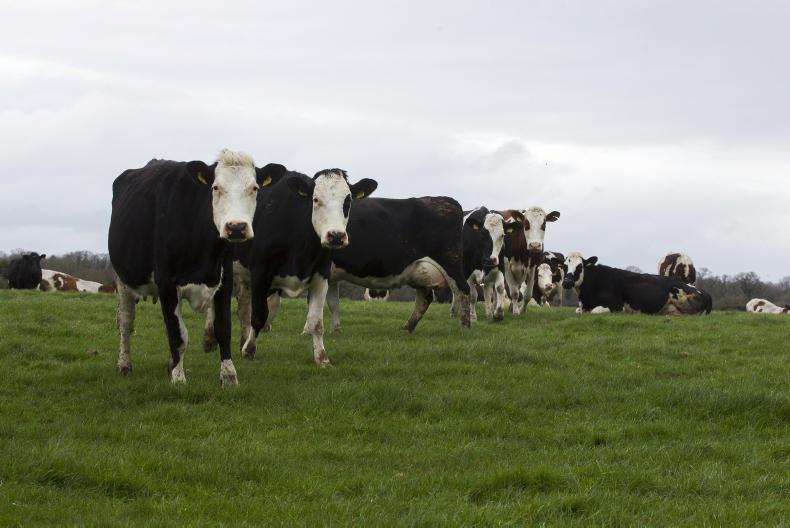

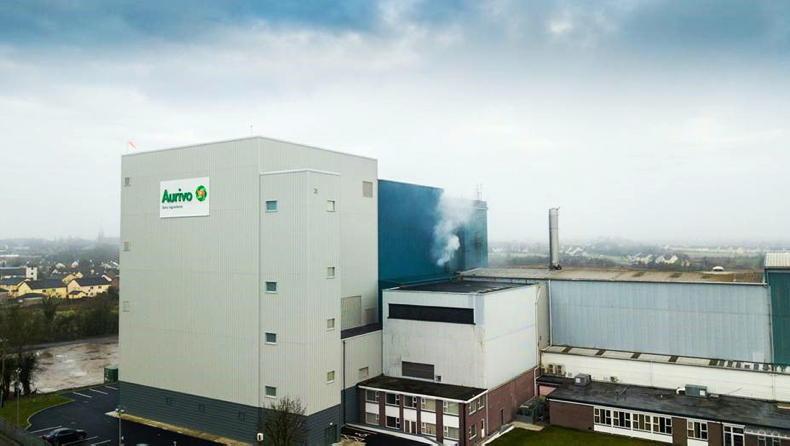
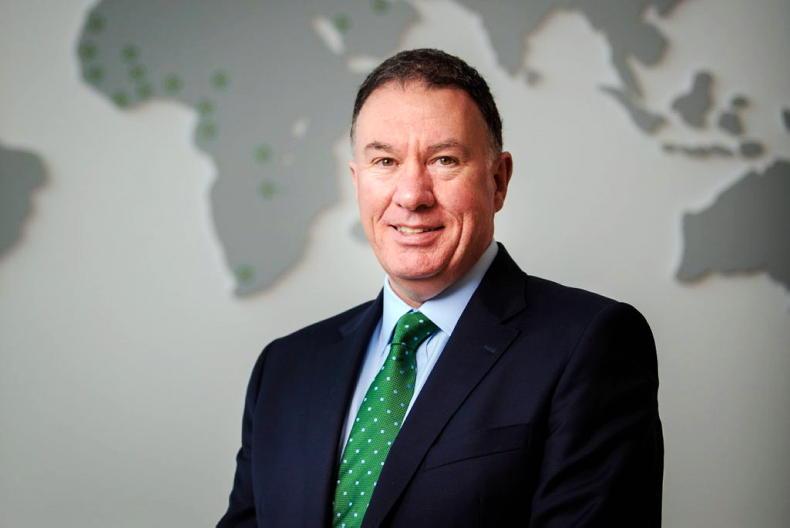
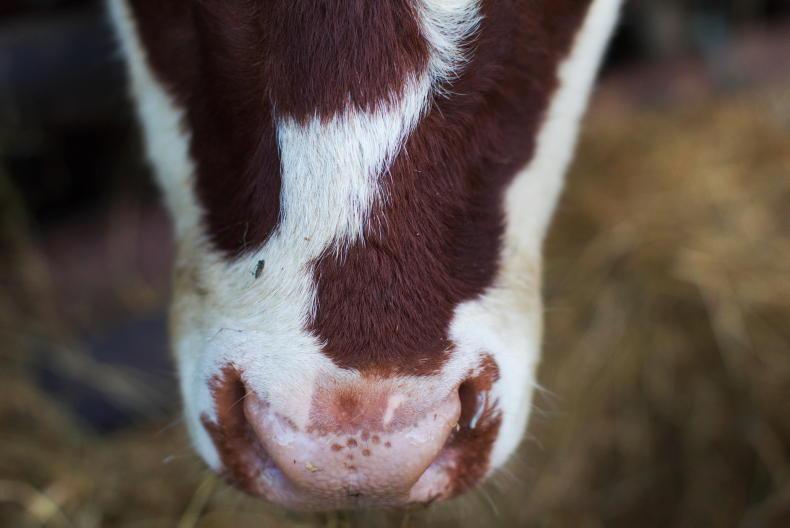
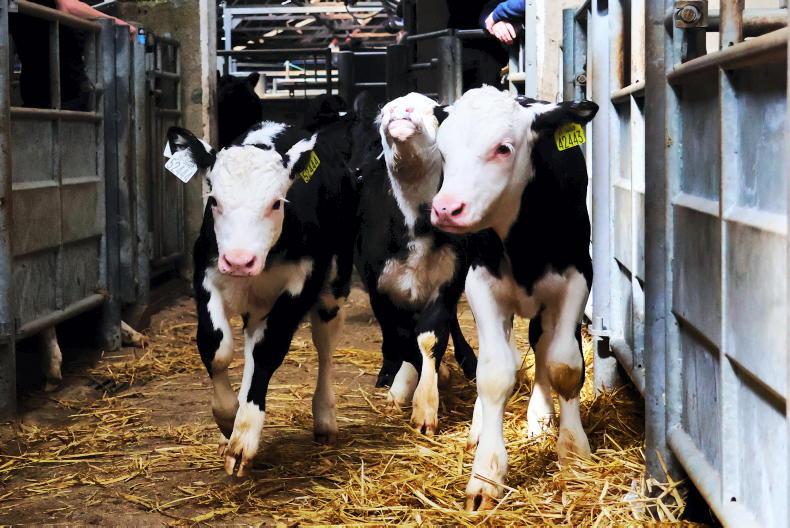
SHARING OPTIONS